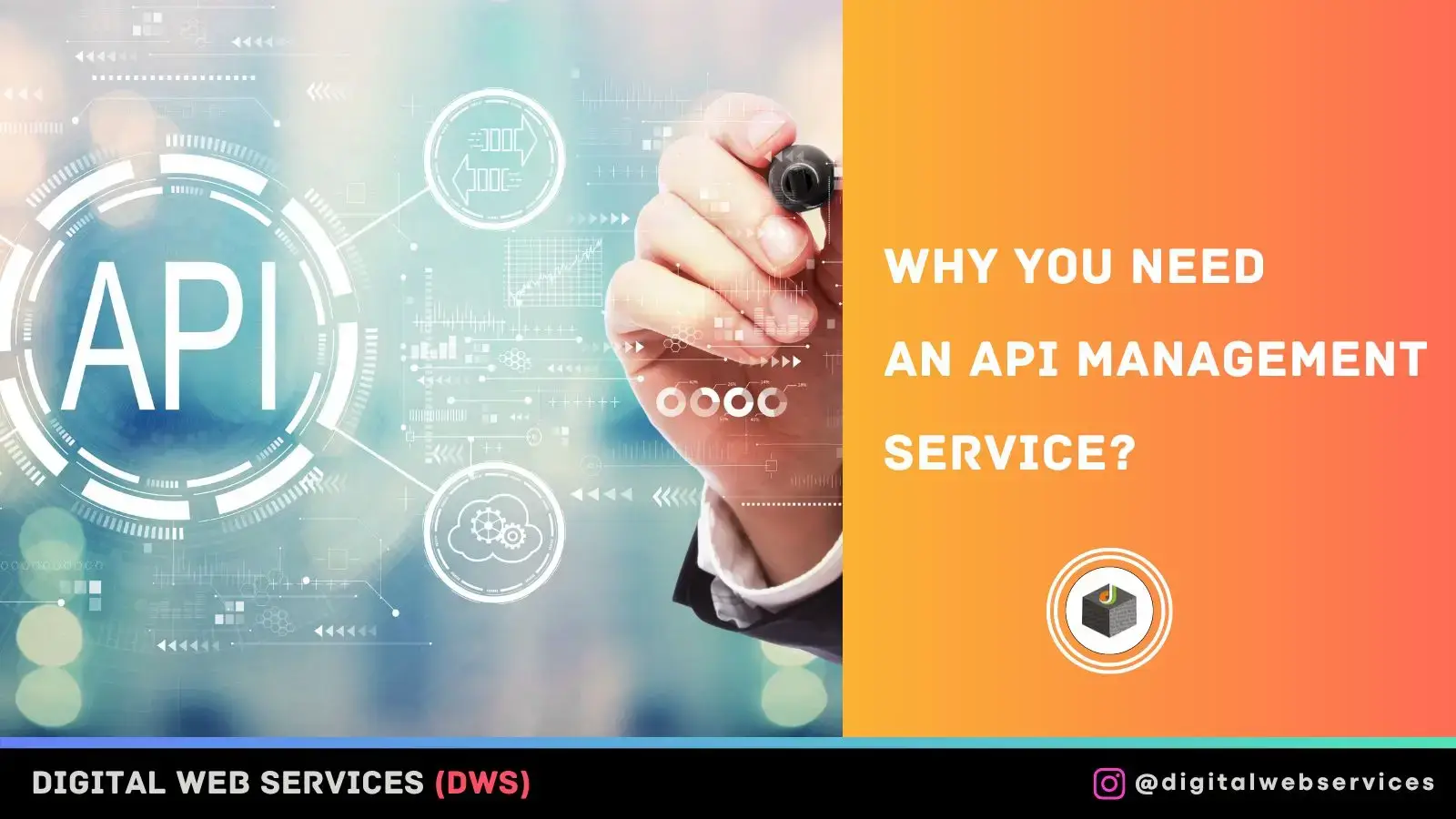
APIs are becoming more and more important across a huge range of industries. However, they can lead to more problems than solutions when they are not managed correctly. Incorrect API management can lead to all manner of problems, including security breaches, unexpected downtimes, and a loss of revenue.
What is API Management?
API management refers to the process of distributing, control, and analysis of APIs. It’s an important process that allows organizations to quickly respond to rapid changes in customer demands. Managing APIs allows for a range of processes including API design, store, gateway, analytics, etc. It also includes a developer portal, which provides users with API documentation, developer onboarding processes, and more.
API Design
API management services and solutions give users the option to build, publish and manage APIs. Along with this, they also offer the ability to record security policies, documentation, usage limits, descriptions, runtime capabilities and more.
API Gateway
Most API management solutions will also act as an API gateway. This is a gatekeeper for APIs that enforces all relevant API security policies and requests. As a result, it is a guarantee of security and authorization.
API Analytics
API management services allow users to monitor various metrics such as API load, usage, historical data, transaction logs and more, better informing the status and success of the API.
API Store
Many API management solutions also offer users the option to keep their APIs in a catalog or store where they will be exposed to internal and external stakeholders. This acts as a marketplace for APIs, where users are able to subscribe to them and get the support that they need with using them.
Benefits of API Management
API Management Tools can provide a range of benefits when used correctly. These include maintaining the integrity and security of data, improving the customer experience and boosting customer satisfaction, ensuring the digital transformation of the business, helping companies define standardized practices to protect APIs, easier ranking performance, and allowing programmers and companies to generate revenue using APIs.
Many API management solutions offer tools and interfaces to make it easier to design APIs, the ability to save and share reusable assets such a APIs, templates and connectors, and a management center. They offer built-in visibility, easy access to analytics, and more.
API Management KPIs
There are several key performance indicators that can be used to measure the success of your efforts when it comes to API management. These include speed, which can be influenced by techniques like caching or throttling and is measured by latency; API availability or dependability, including downtime, quality, which is a direct relationship between the developer’s expectation and the APIs behavior; and cost, which ensures that developers are provided with the best value for their money.
API management is growing to become an essential solution for every enterprise, in a wide range of industries. Any business today that uses or develops APIs or relies on APIs to deliver their services to clients and customers should consider getting access to a reputable and unified API management solution.
Digital Web Services (DWS) is a leading IT company specializing in Software Development, Web Application Development, Website Designing, and Digital Marketing. Here are providing all kinds of services and solutions for the digital transformation of any business and website.










